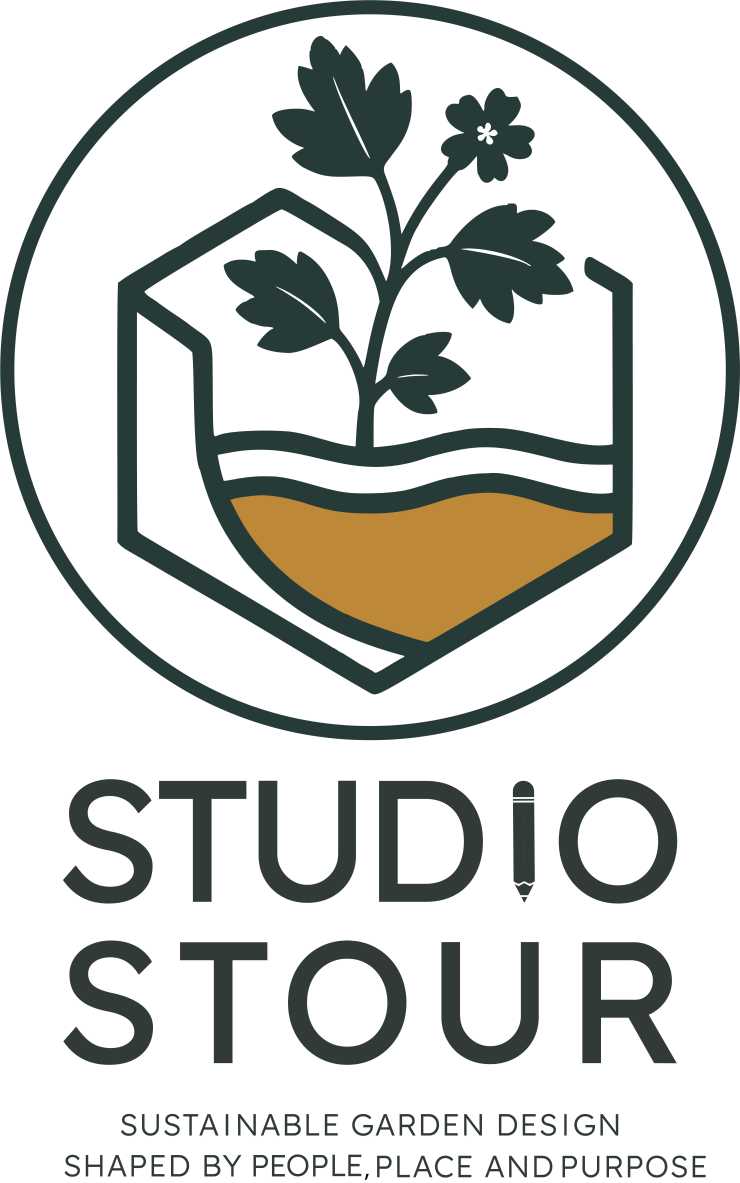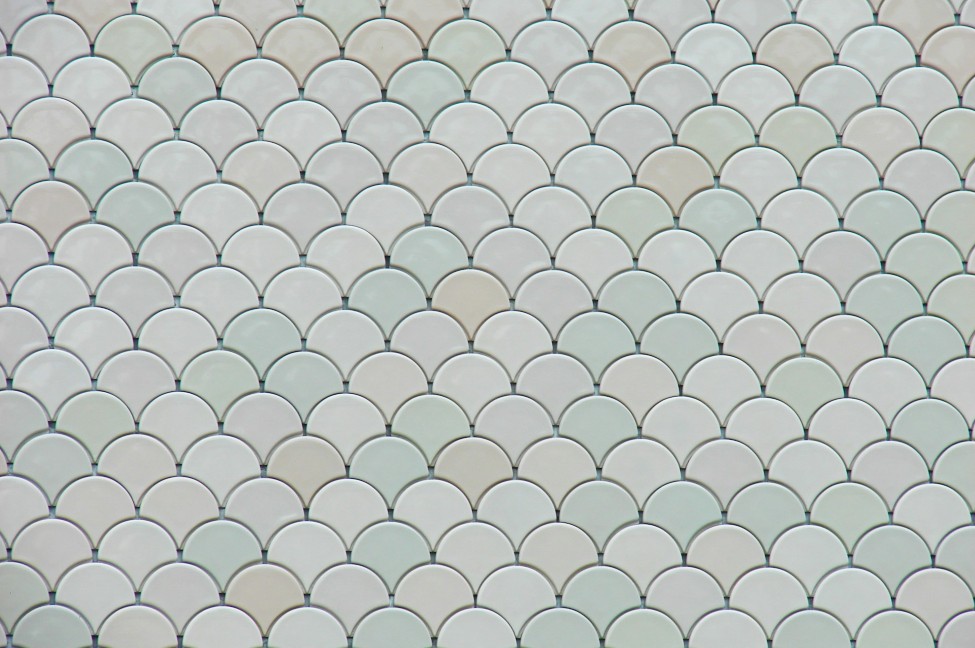In today’s world, more and more people are becoming aware of the importance of living a sustainable lifestyle. One way to contribute to a greener environment is by implementing eco-friendly landscaping practices in your home. By making small changes to your outdoor space, you can not only reduce your carbon footprint but also create a beautiful and sustainable garden that benefits the environment.
One of the first steps to creating an eco-friendly garden is to choose native plants that are well-suited to your climate and soil conditions. Native plants require less water, fertilizer, and maintenance compared to exotic species, making them a more sustainable choice for your garden. Consulting with a Garden designer Suffolk can help you select the right plants for your garden that will thrive in your local environment.
Another important aspect of eco-friendly landscaping is water conservation. By installing a rainwater harvesting system, you can collect rainwater to use for watering your plants, reducing your reliance on municipal water sources. Additionally, incorporating drought-tolerant plants in your garden can help conserve water and reduce the need for irrigation.
Composting is another eco-friendly practice that can benefit your garden and the environment. By composting kitchen scraps and yard waste, you can create nutrient-rich soil that will improve the health of your plants and reduce the need for chemical fertilizers. Composting also helps reduce waste sent to landfills, making it a sustainable way to manage organic waste.
Incorporating sustainable hardscaping materials in your garden can also help reduce your environmental impact. Opt for permeable paving materials such as gravel or permeable pavers that allow rainwater to infiltrate the soil, reducing runoff and erosion. Using recycled materials for pathways, patios, and other hardscaping elements can also help reduce the demand for new resources and minimize waste.
Finally, creating wildlife-friendly habitats in your garden can help support local biodiversity and create a more sustainable ecosystem. Planting native flowers, shrubs, and trees that provide food and shelter for birds, bees, and other pollinators can help promote a healthy and balanced ecosystem in your garden. Installing bird feeders, bee hotels, and butterfly houses can also attract beneficial wildlife to your garden.
By implementing these eco-friendly landscaping tips, you can create a greener and more sustainable home that benefits both the environment and your well-being. Consulting with a garden designer Suffolk can help you design a beautiful and eco-friendly garden that reflects your values and contributes to a healthier planet.
——————-
Article posted by:
Home: Studio Stour | Award-Winning Garden Designer Suffolk & Essex
https://www.studiostour.co.uk/
suffolk – England, United Kingdom
Step into a world of sustainable and circular design with Studio Stour, the award-winning garden and landscape designer in Suffolk and Essex. From homes to schools to commercial spaces, Studio Stour creates stunning outdoor spaces using reclaimed materials. Visit us today and transform your outdoor space into a work of art.
